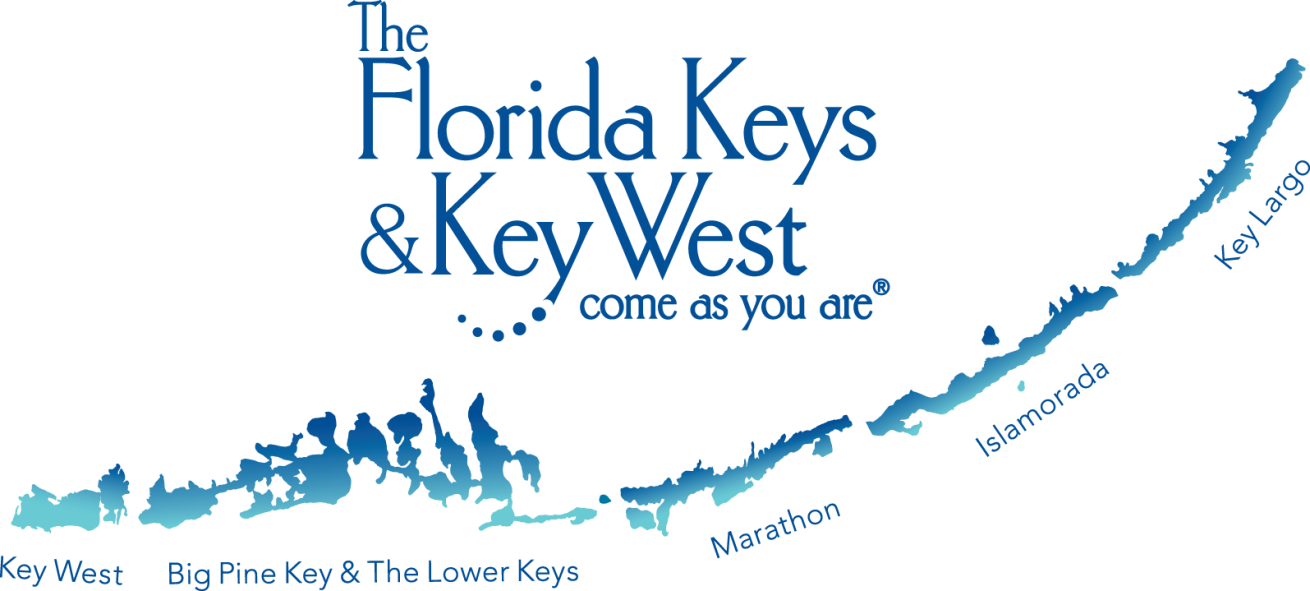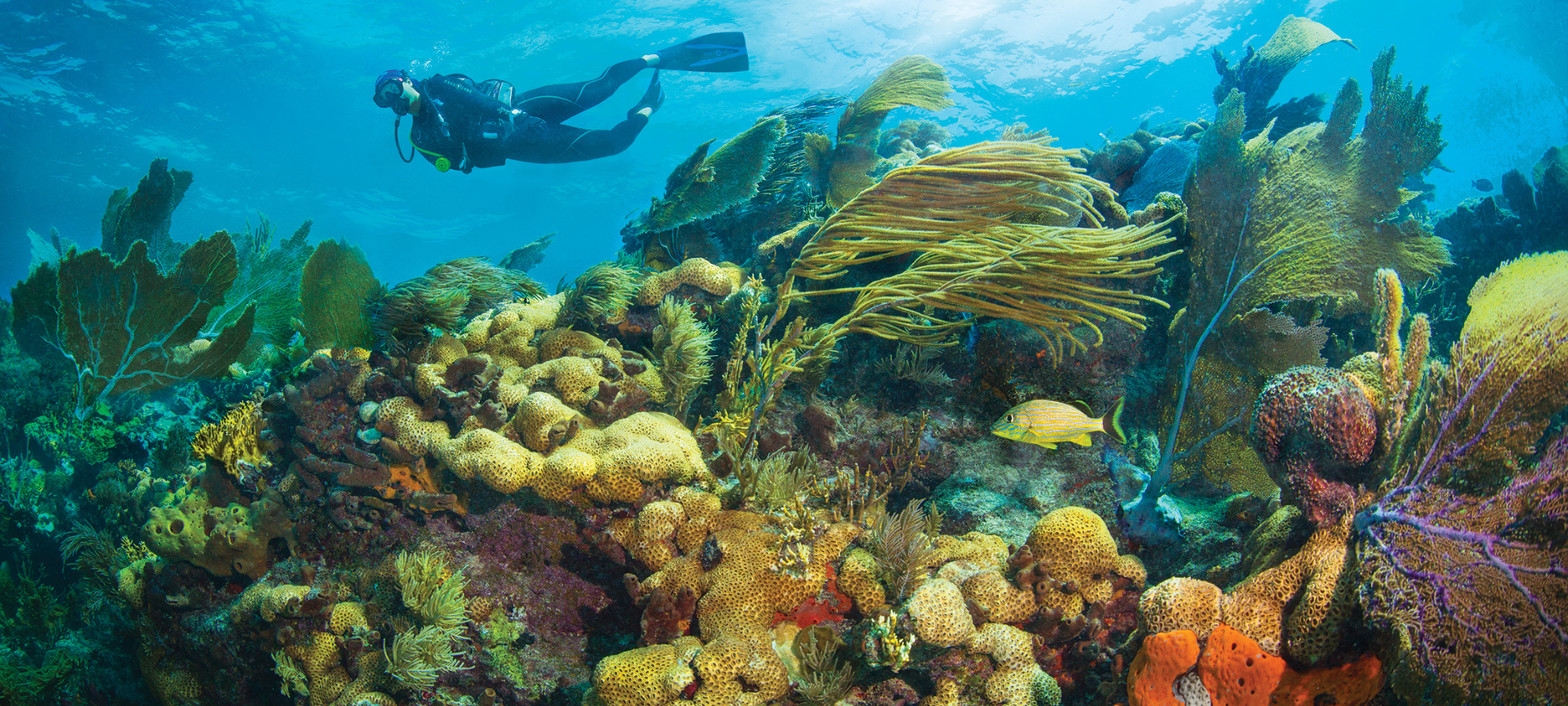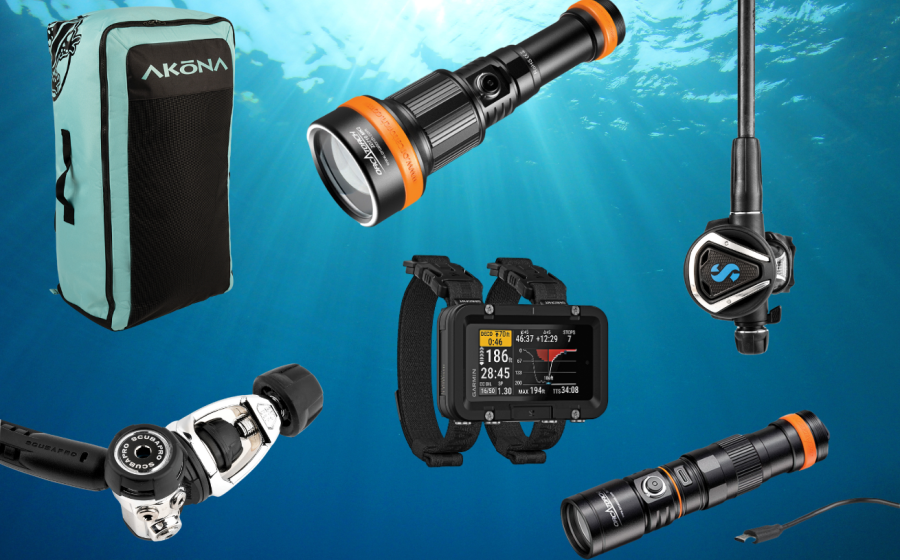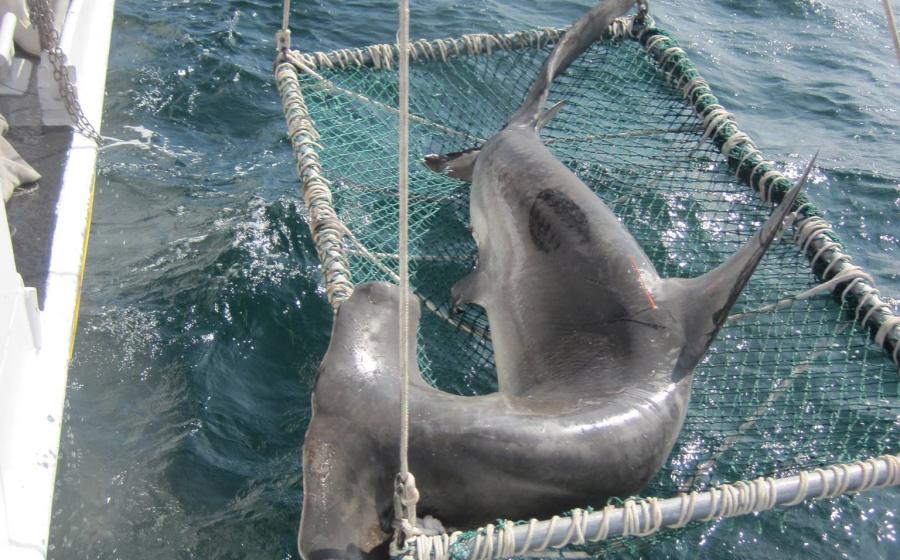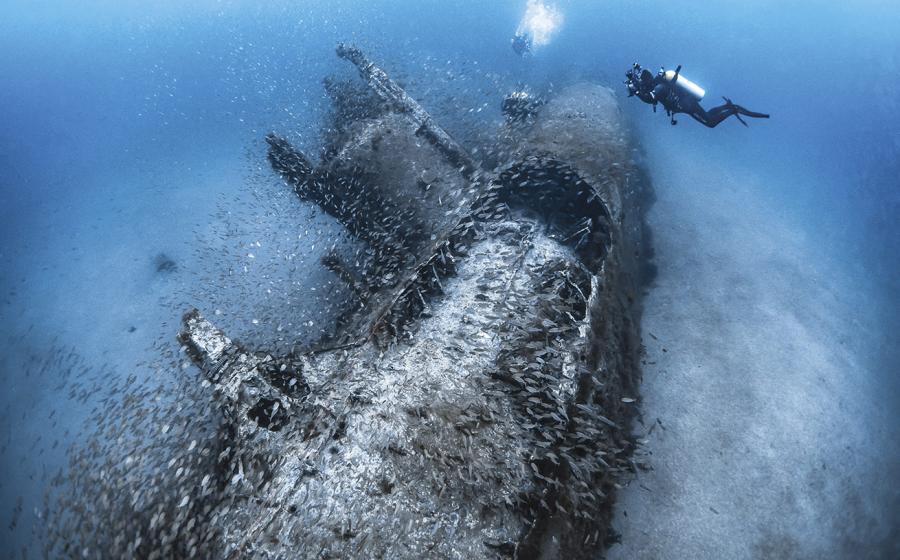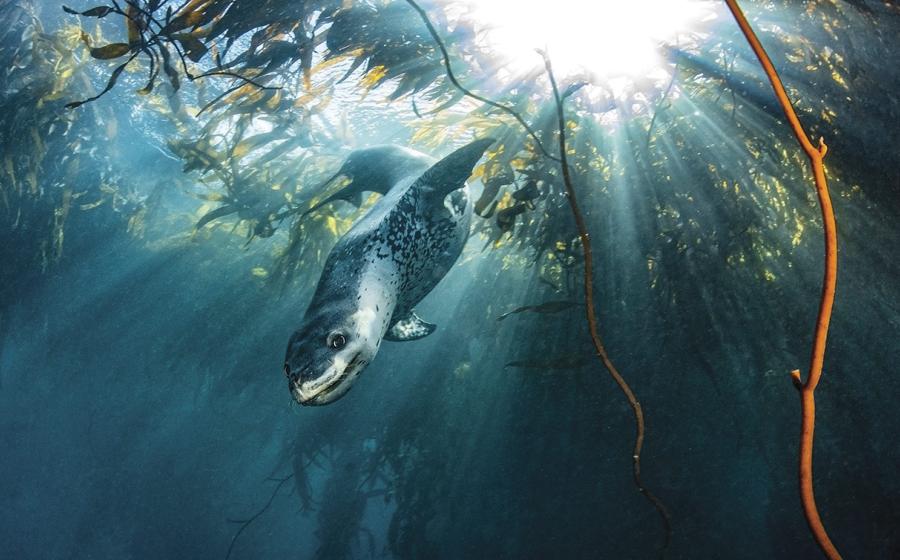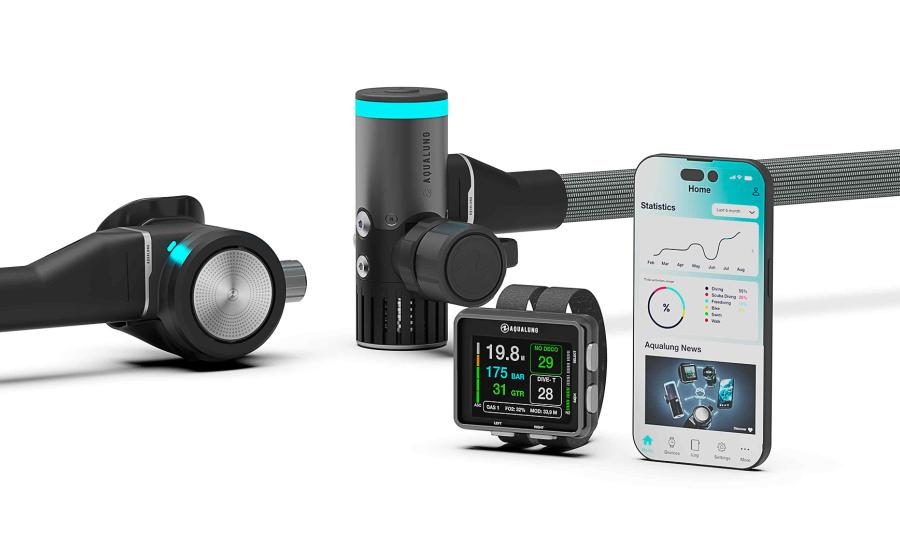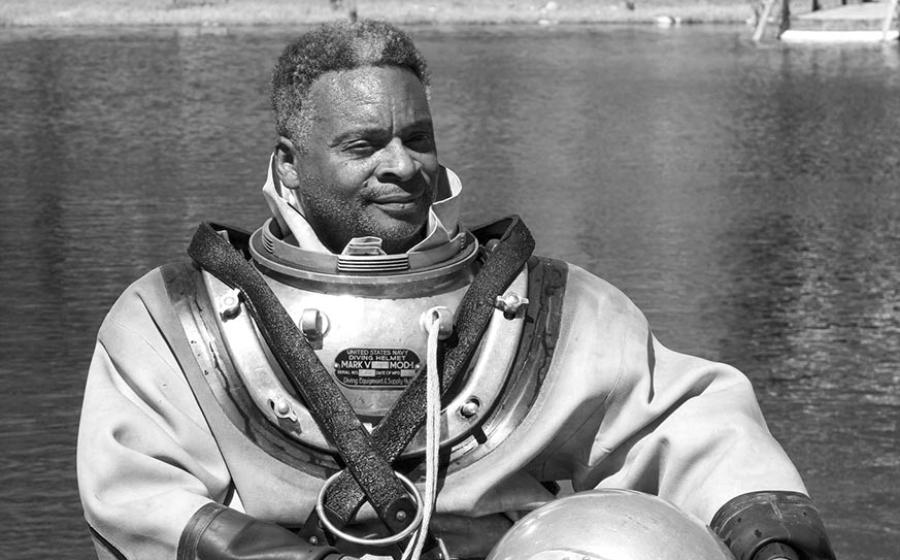How to Be a Citizen Scientist in The Florida Keys
A scuba diving trip is always a chance to witness the wonders beneath the surface of our world’s spectacular underwater environments as well as to gain a better understanding–through first-hand experience–of why these places are so worthy of protection.
When you incorporate an element of citizen science into your next dive trip, you can be sure you’re taking that extra step toward preserving what you love for future divers and the next generations to come.
Citizen scientists refer to members of the public–you, in other words, and anyone else you know who wants to lend a helping hand–who volunteer their time by helping collect data, interpreting it and undertaking other science-related endeavors.
If you’re a diver looking to put on your citizen scientist hat on a dive trip, The Florida Keys and the thriving but vulnerable coral reefs here are prime grounds for accomplishing something more than admiring the views during your bottom time.
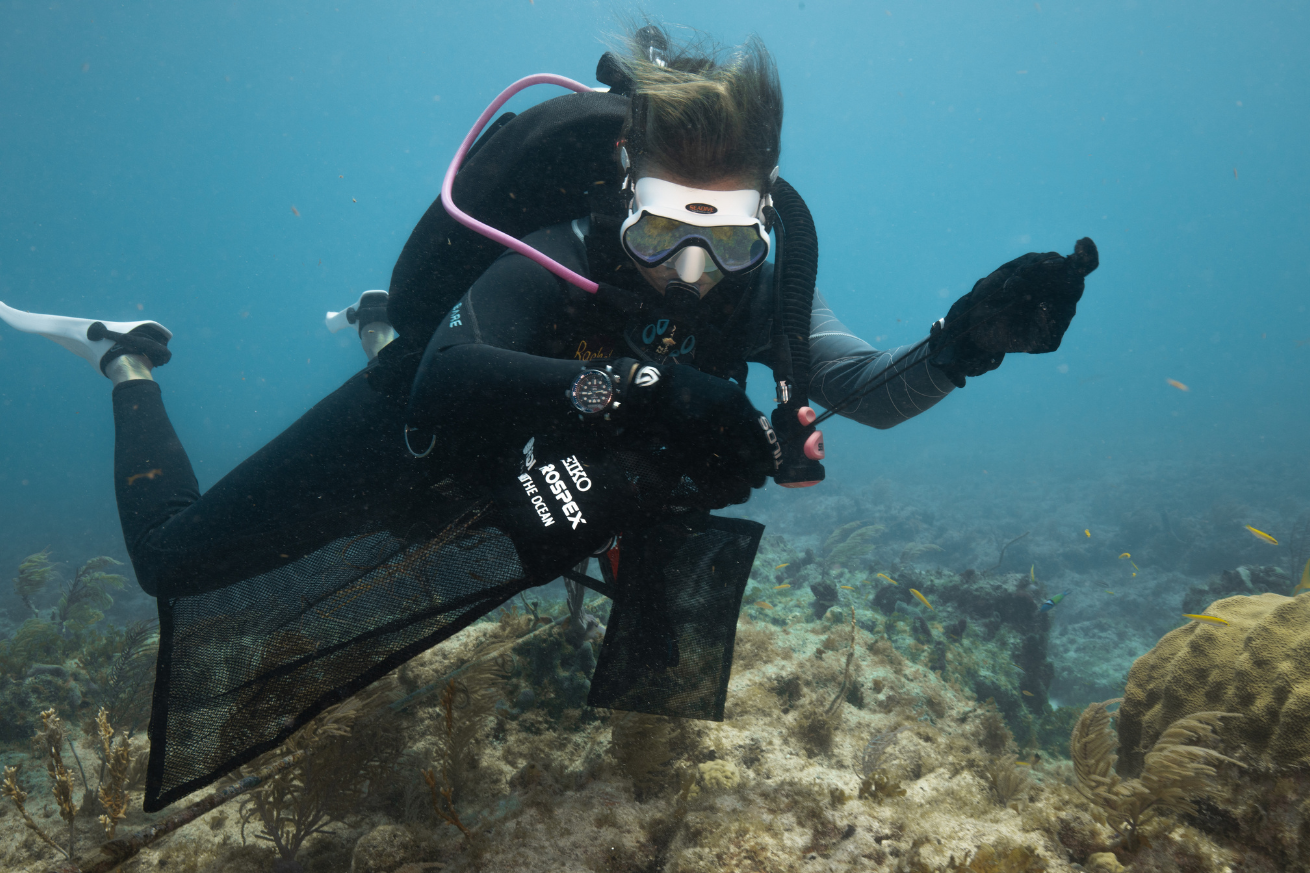
Kristin PaterakisNo one is better suited to tackle marine debris than PADI Divers.
Opportunities to volunteer as a citizen scientist while diving and on land abound in these beautiful islands. The archipelago, which stretches for more than 100 water-lined miles all the way from Key Largo to Key West, is home to a number of marine conservation organizations that depend on volunteer divers to carry out their crucial research and work.
With its headquarters in Tavernier and a visitor center in Key Largo, the Coral Restoration Foundation invites divers and snorkelers to sign up for programs such as the PADI Coral Restoration certification to learn what is at risk and why. You can also participate in citizen science activities such as “coral gardening”—you’ll cut and transplant larger pieces of coral onto pucks that will be attached to the reef later.
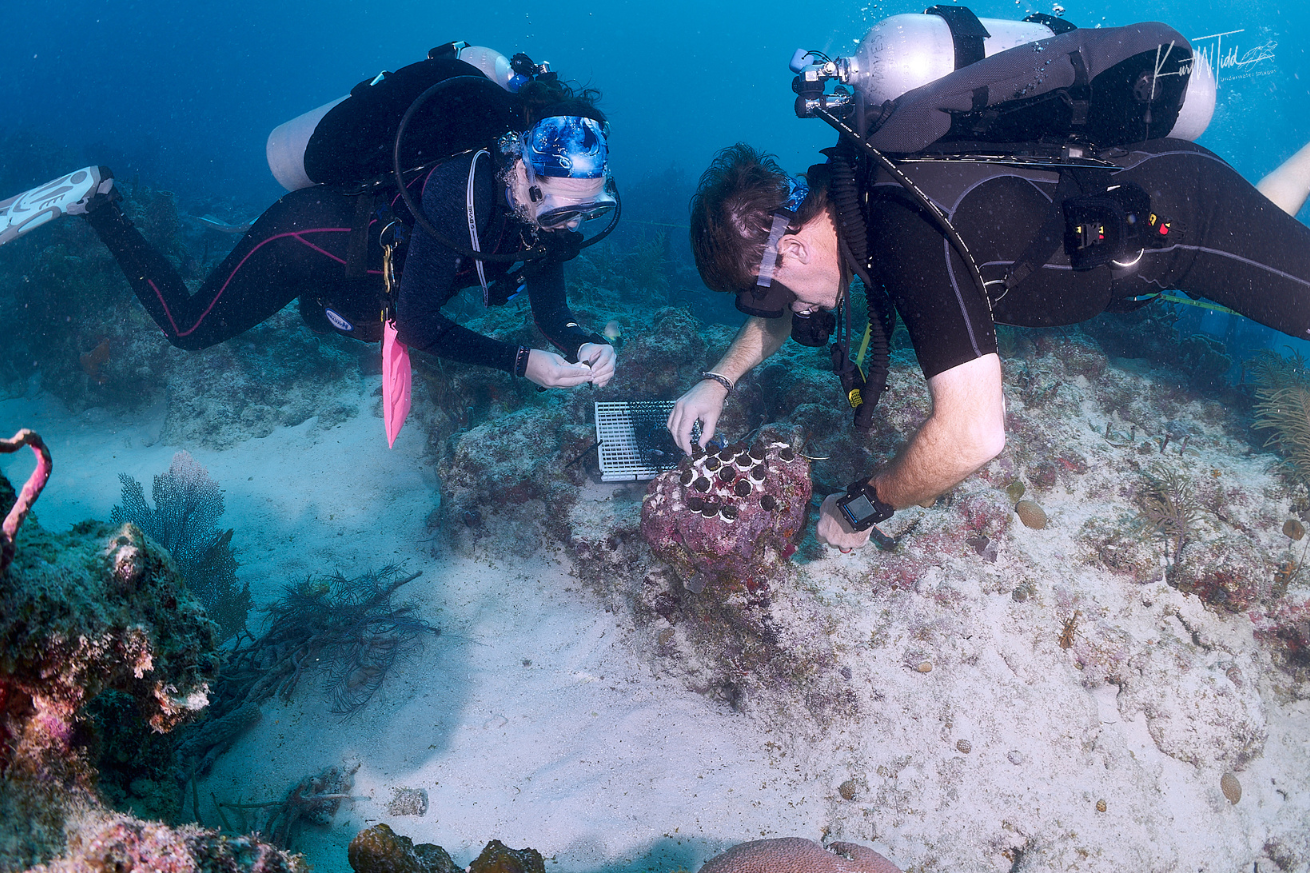
I.CARETo combat the decline in coral cover, many organizations are focusing their efforts on transplanting coral colonies grown in nurseries onto the reef.
In Islamorada, the I.Care Trash Derby set records in 2023 when volunteers collected the most marine debris ever in the archipelago (more than 13,000 pounds of rubbish were removed from shorelines and reefs). Divers can participate in the Trash Derby and others throughout the year related to coral transplanting, planting sponges and maintaining plantings. I.Care’s programs for citizen scientists focus efforts on coral reef preservation by partnering with Mote Marine Laboratory, Reef Renewal USA, Florida Aquarium and others in a community-based approach to reef restoration. Underwater activities take place in beloved spots such as Islamorada’s iconic Alligator Reef and other treasured reefs throughout the Middle and Upper Keys.
Get involved in the 2025 I.Care Trash Derby (May 1 – 4, 2025):
Sign up: icaretrashderby.com
Registration opens on December 15th, 2024
Every time you dive, you can wage your own mini war against ocean trash. PADI AWARE Dive Against Debris is one of the world’s most successful citizen science projects as well as a highly visible option for those looking to get involved in locations throughout The Florida Keys. Dive shops in Key Largo, Islamorada, Big Pine Key and Key West plan regular cleanup dives to help remove old rope, fishing line and plastic from area reefs.
Find a Florida Keys Dive Shop: Dive Against Debris
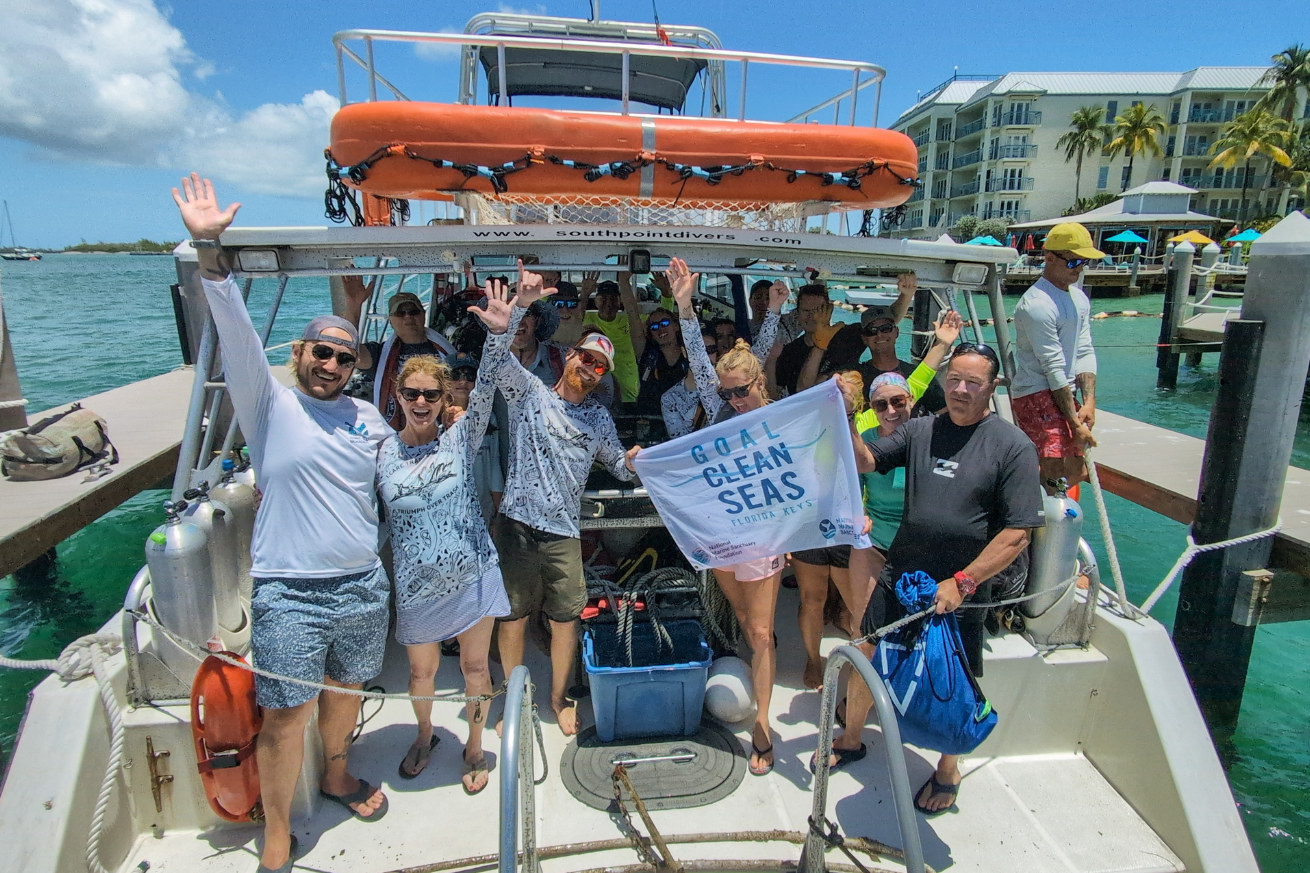
Tiffany DuongThe I.CARE Trash Derby is the event of the year in the Florida Keys!
Even if you’re not diving through a specific program or organization, there are ways to step into the citizen scientist role any time you’re underwater.
Scientists spend a lot of time in labs and looking at data. They rely on those of us who are actually out there in the field, and that includes divers who spend time underwater enjoying and exploring. Do your citizen scientist part by keeping your eyes peeled on every dive. If you spot signs of coral bleaching or other coral diseases in tagged coral colonies, you can send any photos you take to organizations such as the Southeast Florida Action Network (SEAFAN) and BleachWatch Program.
With a campus in Key Largo, REEF (Reef Environmental Education Foundation) is another group to seek out if you’re looking to get involved underwater and pitch in across The Florida Keys. The organization spearheads a volunteer fish survey project as well as invasive lionfish derbies and festivals in The Florida Keys, among other projects
Eco tourists and citizen scientists gather to learn more about Mote Marine Laboratory's efforts to restore staghorn coral on Looe Key reef’s underwater coral nursery in The Florida Keys during the annual Reef Revival Fest in Islamorada.
REEF Renewal USA offers more ways to do good in the underwater environments of The Florida Keys at its regional nurseries spread throughout Looe Key, Marathon and Tavernier. Over the course of three sessions per year, internships are available through the organization for people looking to jumpstart a career in coral restoration.
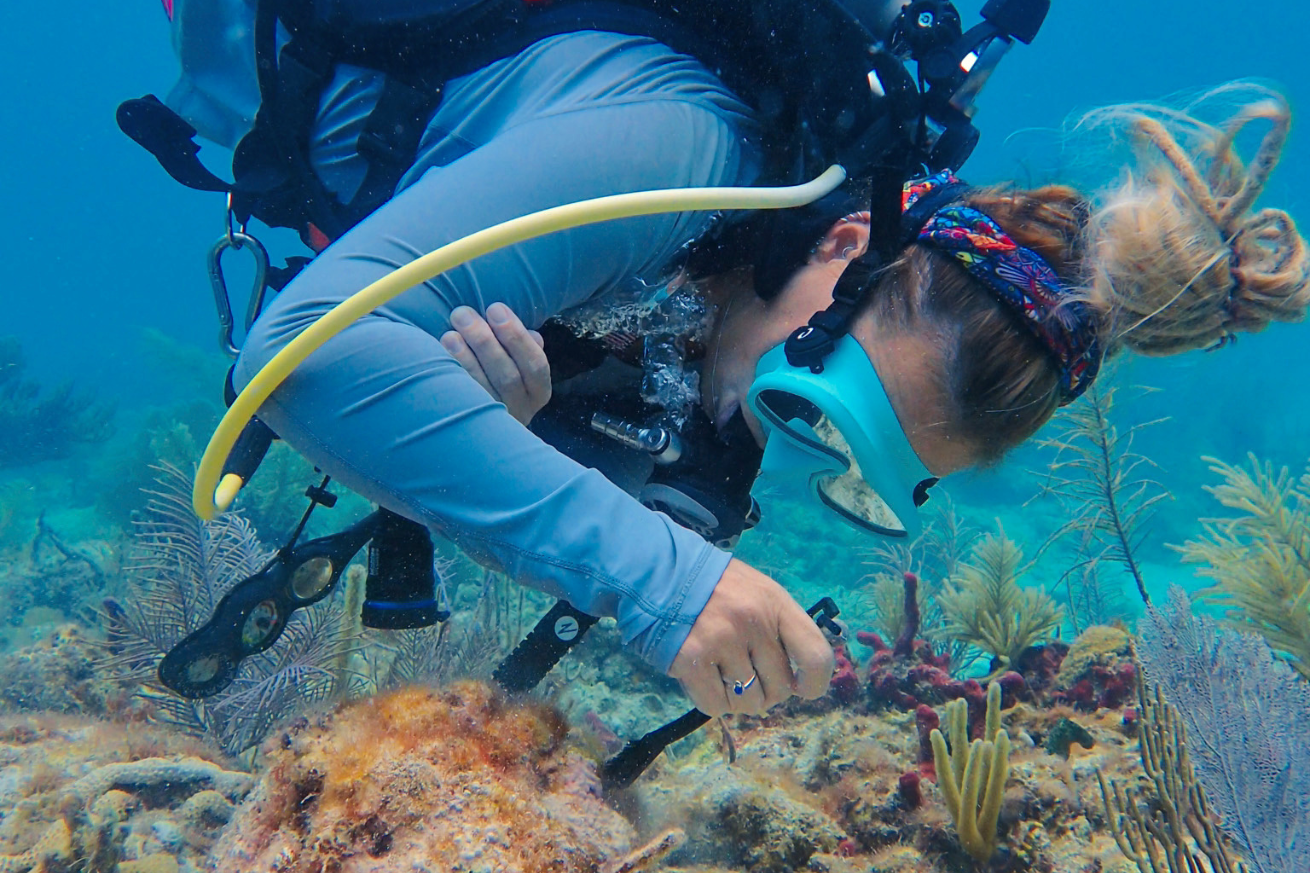
I.CAREOpportunities to volunteer as a citizen scientist while diving and on land abound in these beautiful islands.
And if you’re planning a trip to The Florida Keys and want to get involved with citizen science efforts before your visit, PADI continuing education courses like Underwater Naturalist, Fish Identification, Coral Reef Conservation and the PADI AWARE Specialty can only make you a better and more conscientious diver. Once you land on these sunny shores, you can dive right into the clear, warm waters to start helping out with activities such as cleaning corals by removing algae, fragging them (the process of cutting corals for replanting) and even planting new coral pieces onto the reef.
Citizen science is a powerful weapon for scientists, researchers and organizations fighting on the frontlines of marine conservation. When everyday divers contribute their time and effort to these projects, they are part of a much larger, global undertaking to fill in gaps in data, raise public awareness and drive policy change so that marine habitats as spectacular as those found in The Florida Keys can benefit and thrive. A host of opportunities exist in The Florida Keys for you to make a difference. Isn’t it time to plan a trip and get involved to help safeguard this truly unique place?
